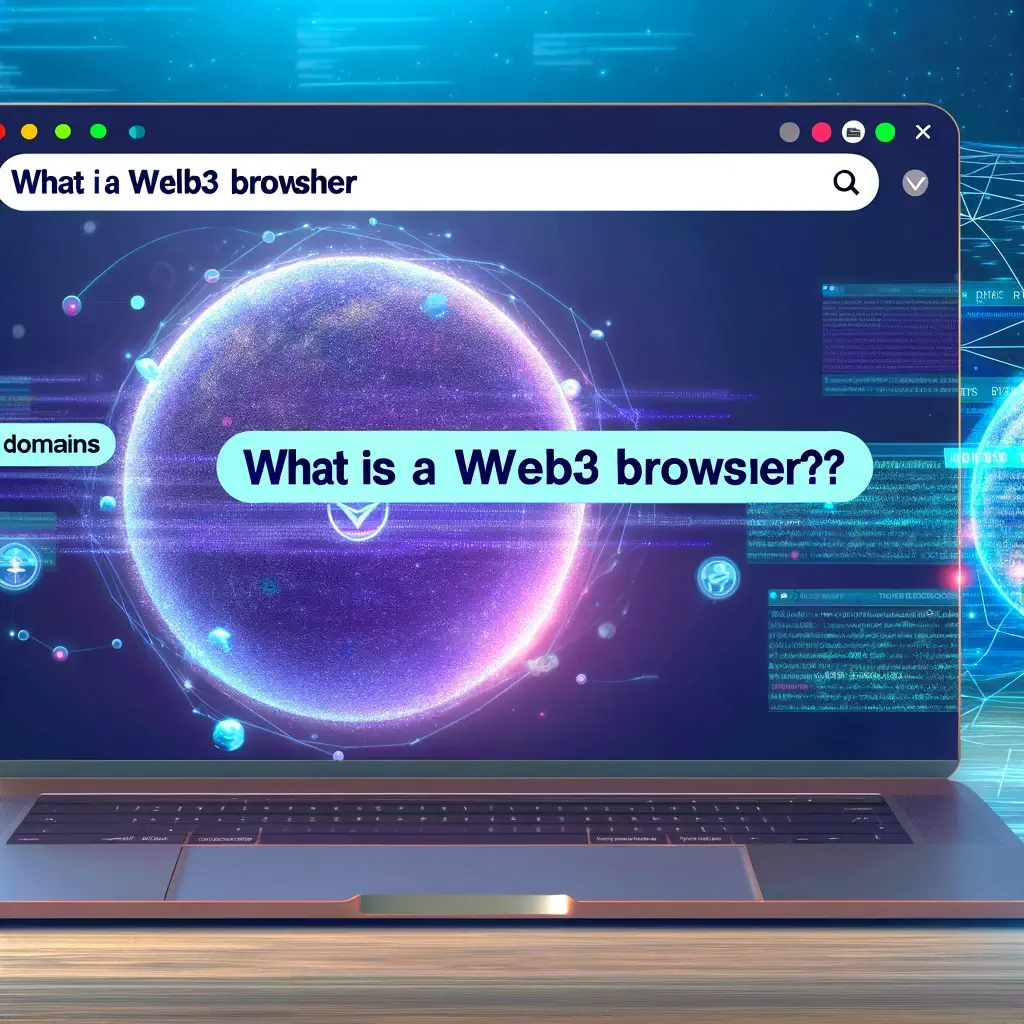The evolution of Web3 browsers is paving the way for a more decentralized, secure, and user-centric online experience. These browsers not only provide the functionality to access dApps but also integrate innovative technologies like IPFS and support for Web3 domains such as .eth and .crypto.
Exploring IPFS in Web3 Browsers
IPFS, or the InterPlanetary File System, is a protocol designed to make the web faster, safer, and more open. It enables decentralized file storage, reducing reliance on centralized servers. Web3 browsers like Brave have integrated IPFS functionality, allowing users to access content in a distributed manner, enhancing the browsing experience with increased efficiency and reduced vulnerability to censorship (Brave, Cointelegraph).
Web3 Domains: The New Digital Identity
Web3 domains such as .eth and .crypto are redefining digital identity on the internet. Unlike traditional domain names, these Web3 domains are owned by users rather than rented from domain registrars, providing a secure and censorship-resistant way to host and access content. Web3 browsers support these domains, enabling direct access to decentralized websites and services, further empowering users within the Web3 ecosystem (Cointelegraph, 101 Blockchains).

Incognito Browser: A New Player in the Web3 Space
The Incognito Browser Android app is a notable addition to the Web3 browser landscape. It supports both IPFS and Web3 domain search, offering users a private and secure way to explore the decentralized web. With its focus on privacy and the incorporation of cutting-edge Web3 technologies, the Incognito Browser is an excellent tool for users looking to navigate the decentralized web without compromising their privacy (incognitobrowser.io).
Why Embrace Web3 Browsers?
Adopting a Web3 browser for daily internet use brings numerous benefits. These browsers not only enhance privacy and security but also provide direct access to the decentralized web, including dApps, IPFS-hosted content, and Web3 domains. With features like built-in crypto wallets and support for blockchain technologies, Web3 browsers like Brave, Opera’s Crypto Browser, and the Incognito Browser Android app empower users with control over their digital identity and assets.
In conclusion, the shift towards Web3 browsers, coupled with technologies like IPFS and the adoption of Web3 domains, is shaping a new era of the internet. This paradigm shift emphasizes user control, privacy, and decentralization, promising a more equitable and open digital world. As we continue to explore and adopt these technologies, the potential for innovation and transformation in how we interact online is boundless.
For those interested in further exploring the capabilities and features of Web3 browsers, IPFS, and Web3 domains, resources and detailed guides are available on platforms like Brave, Cointelegraph, 101 Blockchains, and incognitobrowser.io





